
The Way is an austere film that questions faith and values. Writer/director Khalili Dastan’s drama is led by Jane Arcs (Eli Jane), a tough female underground street fighter. One night, she kills her opponent in a brutal match with all the elements of seedy, illicit betting, and repulsive force. As the film begins, Jane is on death row. After serving 13 years in prison, she now faces the end of her life.
As correctional officers prepare for Jane’s final day, we see a fascinating timeline of events leading to this moment. Jane and correctional officer Max Stone (Kelcey Watson) have developed a very close relationship. Watson also plays Ben Stone, Jane’s partner and father of her child, Jake. The idea that one man is playing two different people in Jane’s life may appear confusing, but it works. This angle contributes to the metaphysical nature and fundamental underlying themes.
As Jane repents for her crime, she transforms from a fellow inmate’s Qi Gong practice (to simplify, think of it as a type of yoga). Qi Gong Master Xin (Joan Wong) provides Jane with training that has allowed her to use transformative powers and energy to transcend from one being to the next. Now, we watch how this student-master relationship grows and discover why its inclusion is necessary for the lead’s arc.
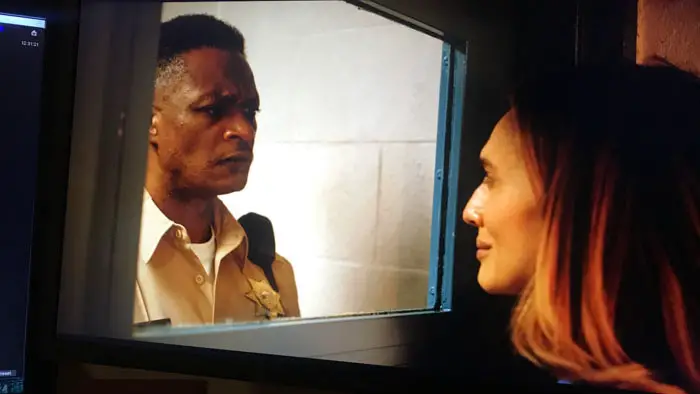
“…officers prepare for Jane’s final day, [and] we see a fascinating timeline of events…”
Through attention to detail, imagery, and dialogue, Dastan has created a unique story about love, relationships, spirit, and transcendence within the confines of a prison. There is a great deal of introspection throughout The Way, where Max’s love for Jane becomes inter-mixed with the process of execution, which is ultimately Ben’s love. However, it does provide insight into what any person might be thinking while waiting for the day of their death. This applies to anyone, not just those about to get a lethal injection like Jane.
Many spiritual questions arise as the story evolves, and the answers are universal. In addition, there’s also intense emotion, primarily due to a prison’s rigid and sterile confines, which is to be expected in this type of environment and setting. Finally, there are moments in Jane’s life that appear as recall or memories, but these are also seemingly part of an effort to provide a basis for Jane’s transformation.
Although The Way is slow-moving and too long, with some blunt acting, it offers some well-executed cinematography, eliciting a feeling of the severity of spiritual transformation within a prison and inmate mindset. The time and space between conversations and recall offer a unique meditation of a most unusual moment. Dastan is toying with enormous ideas, but they never swallow the intimate character portrait of Jane, so each element has a place in the narrative.
In addition, Jane’s movement through cells and hallways and preparing for the execution with officials and a priest also feels like meditation and preparedness for an afterlife or transformative spirit to another soul or elsewhere. The Way acts on one’s thinking and perhaps gives caution to those who need to change their ways in life.
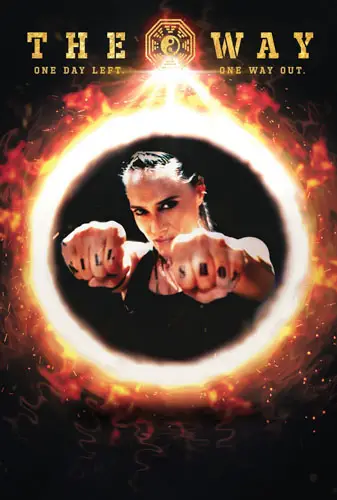
"…toying with enormous ideas, but they never swallow the intimate character portrait..."
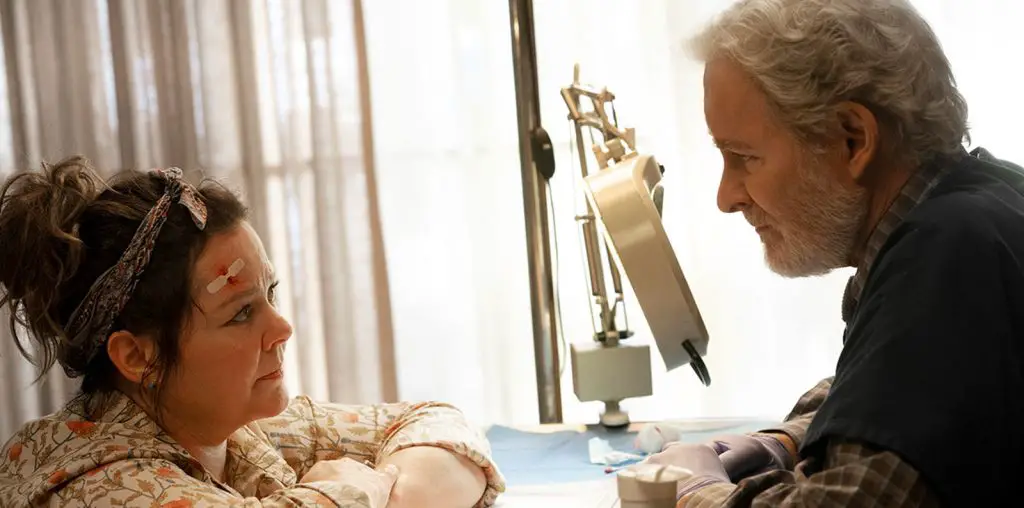
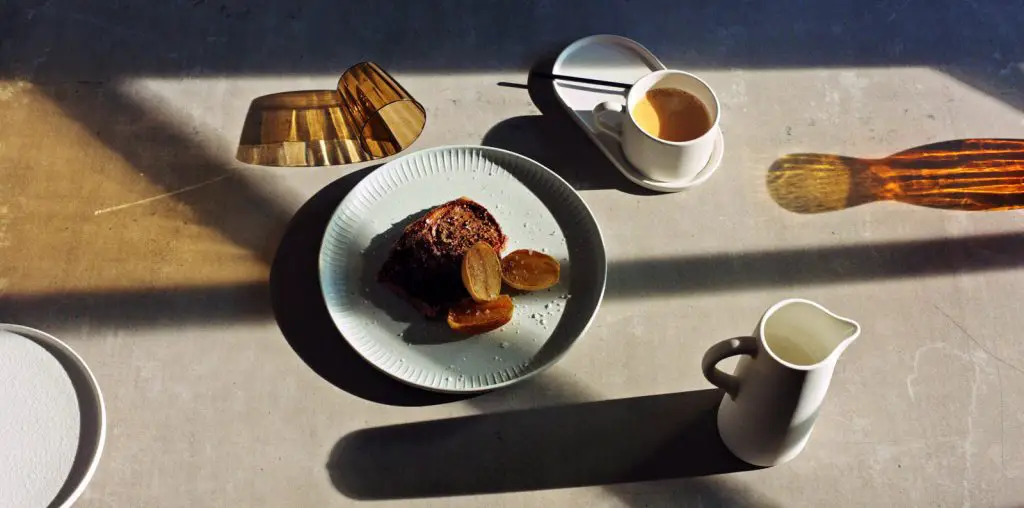
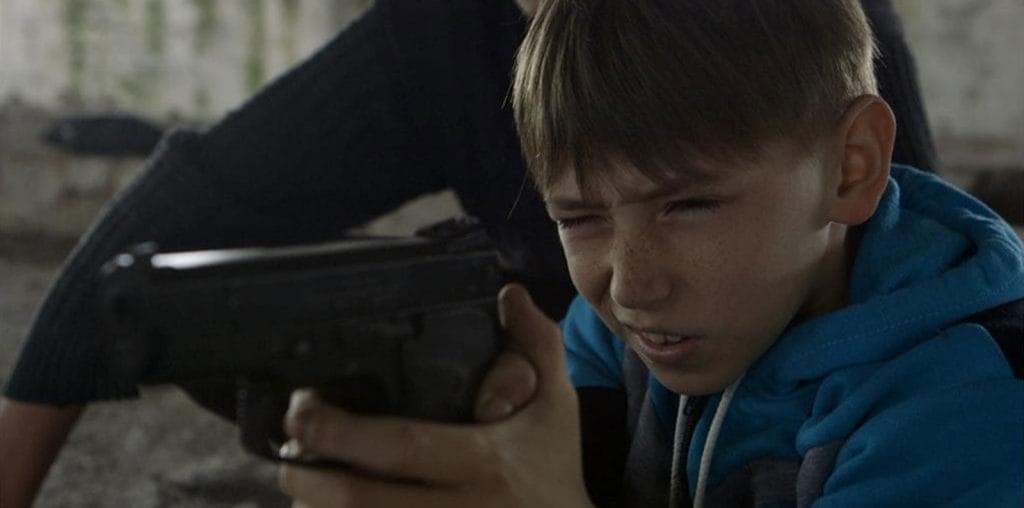
Loved this movie so much,especially during Lent.